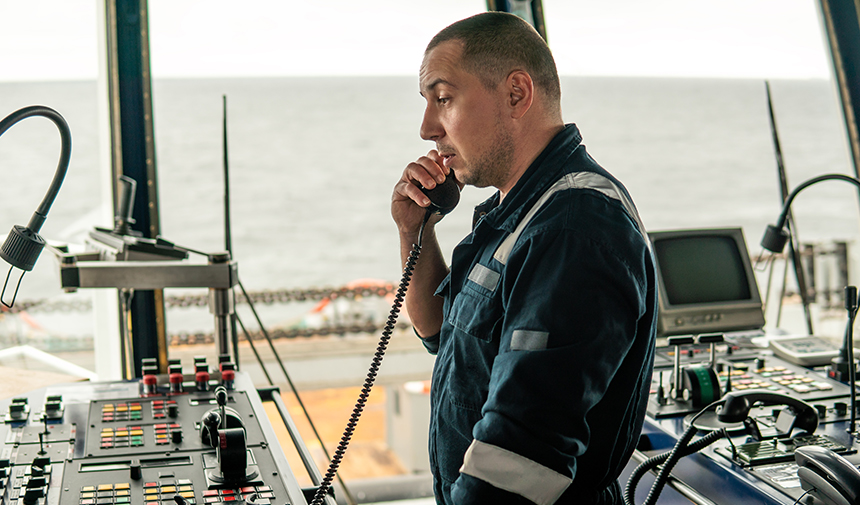Being a deck officer is an important position in the maritime world and they take responsibility for various tasks on the deck of ships. In this article, we will discuss the path to becoming a deck officer and the duties of this position, thus creating a guide for those interested in a maritime career.
The Path to Becoming a Deck Officer
Education and License: To become a deck officer, it is usually necessary to have a maritime-related license or degree. Maritime academies or maritime training programs offer suitable training opportunities for those who want to become deck officers. These programs usually cover maritime basics, ship navigation, maritime law and safety protocols.
Maritime Experience: Maritime experience is important to become a deck officer. To gain this experience, it can be useful to intern with ship crews or work on maritime training vessels. Time at sea increases understanding of ship operations and deck duties and is an important part of being successful as a deck officer.
Certification and Documentation: Certain certifications and documents may be required to become a deck officer. These documents are usually issued by maritime authorities or institutions and verify knowledge of ship operations, safety procedures and navigation skills.
Personal Qualifications: Some of the personal qualities required to become a deck officer include leadership skills, communication ability, determination, responsibility and teamwork. The deck officer must possess such qualities to manage the ship’s crew and coordinate ship operations.
Continuous Training and Development: The maritime industry is constantly changing and continuous training and development is important for those working as deck officers. Keeping up to date with maritime technologies and practices is key to success as a deck officer.
Deck Officer Duties
Navigation and Ship Management: The deck officer plans the ship’s course, uses navigation equipment and ensures the safe navigation of the ship. They also monitor the ship’s position, keep track of the weather and make necessary maneuvers.
Safety Inspections and Protocols: The officer of the deck implements the ship’s safety protocols and inspects safety equipment on board. In emergency situations, he/she directs the crew and leads rescue operations.
Cargo and Cargo Management: The deck officer ensures the safe transportation of cargo and cargo on board. He/she ensures the correct loading, lashing and unloading of cargo and maintains the ship’s balance and stability.
Crew Management: The deck officer manages and supervises the daily operations of the ship’s crew. He/she determines the crew’s duties, organizes shifts and determines training needs.
Reporting and Record Keeping: The officer of the deck prepares regular reports on operations on board and keeps records. These reports provide information to ship owners and maritime authorities about the condition and performance of the ship.
In conclusion, being a deck officer is a prestigious and important position for those interested in a maritime career. By completing the training, experience and certification process, you can embark on a successful career as a deck officer and take on important roles in the maritime industry.



